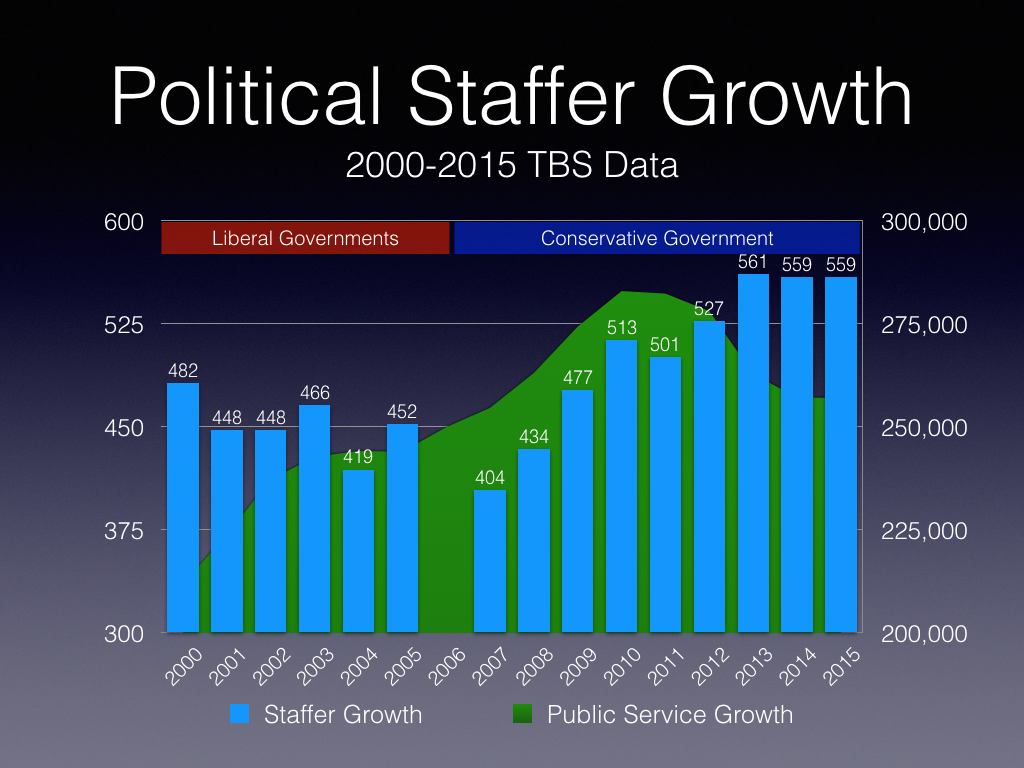Article of interest recap
2024/03/25 Leave a comment
For the 1st time, Canada will set targets for temporary residents After trimming growth in Permanent Residents, imposing caps on international students, Minister Miller reverses course again and reduces the number of temporary foreign workers. Taken together, marks a significant repudiation of previous decisions and ministers, ironically making it easier for a possible future conservative government to impose further limits should it choose to do so. And including temporary foreign workers and international students in the annual levels plan is long overdue.
The Coalition for a Better Future’s report Fragile Growth: An Urgent Need to Get the Basics Right reiterated productivity and related economic challenges.
Scotia Bank’s Raising the Bar, Not Just Lowering the Number: Canada’s Immigration Policy Confronts Critical Choices makes the case for a charter focus on economic immigration and increasing productivity.
Parissa Mahboubi’s Canada’s immigration system isn’t living up to its potential. Here’s how to fix it provides a familiar list of recommendations, along with the puzzling one for more business immigrants given that government is notoriously bad is assessing entrepreneurship as previous programs have indicated.Life in Canada is ‘more expensive’ than most immigrants expected, new poll finds. Not surprising findings from Leger, highlighting a declining value proposition for immigrants.
Daniel Bertrand of the ICC argues Stop undervaluing the contributions that international students make to Canada, noting the need for “a much more strategic approach, modelled after the economic immigration process, with a points system that prioritizes these more valuable areas of study.”
No surprise that Trudeau rules out Quebec’s request for full control over immigration (Trudeau dit non à confier les pleins pouvoirs en immigration au Québec) with Michel David noting the Les limites du bluff. More detailed explanations of the reason behind the refusal in Marc Miller émet de fortes réserves sur les demandes de Québec en immigration, my favourite being, with respect to family class, « C’est très difficile de légiférer l’amour, [et de] demander à quelqu’un d’épouser quelqu’un qui parle uniquement français ».
Citizenship
Using coercion, Russia has successfully imposed its citizenship in Ukraine’s occupied territories, horrific example of citizenship as an instrument of war and denial of identity.
India’s new citizenship law for religious minorities leaves Muslims out, confirms the Modi governments overall approach of Hindu nationalism.
Omar Khan, in Ramadan heralds a political awakening for Canadian Muslims, notes the need for political responsibly among Muslim and other Canadians “it’s a responsibility to recognize that proper understanding between communities comes through dialogue, not ultimatums. There should be no litmus tests for elected officials wishing to address Muslim congregations. Those with divergent opinions should be engaged, not frozen out.”
David Akin assesses A closer look at the growing diversity of Conservatives under Poilievre, highlighting the party’s recruiting efforts (and quoting me).
Other
John McWhorter continues his contrarian streak in No, the SAT Isn’t Racist, making convincing arguments in favour of standardized testing.
Marsha Lederman highlights the increased censorship in the Exodus from literary magazine Guernica reveals the censorship the Israel-Hamas war has wrought in terms of free and honest artistic expression.

